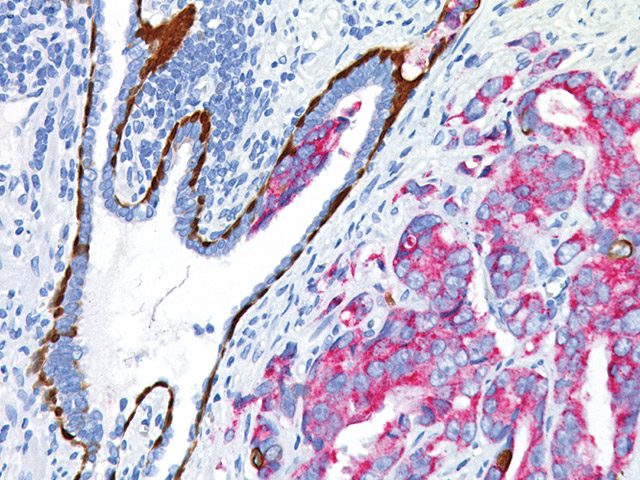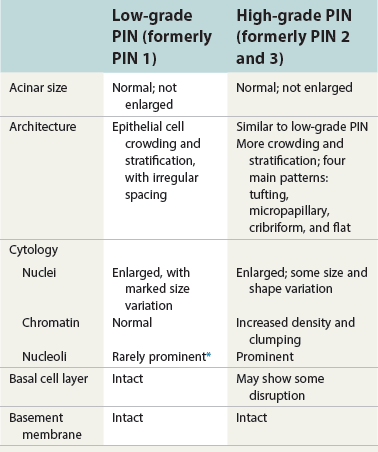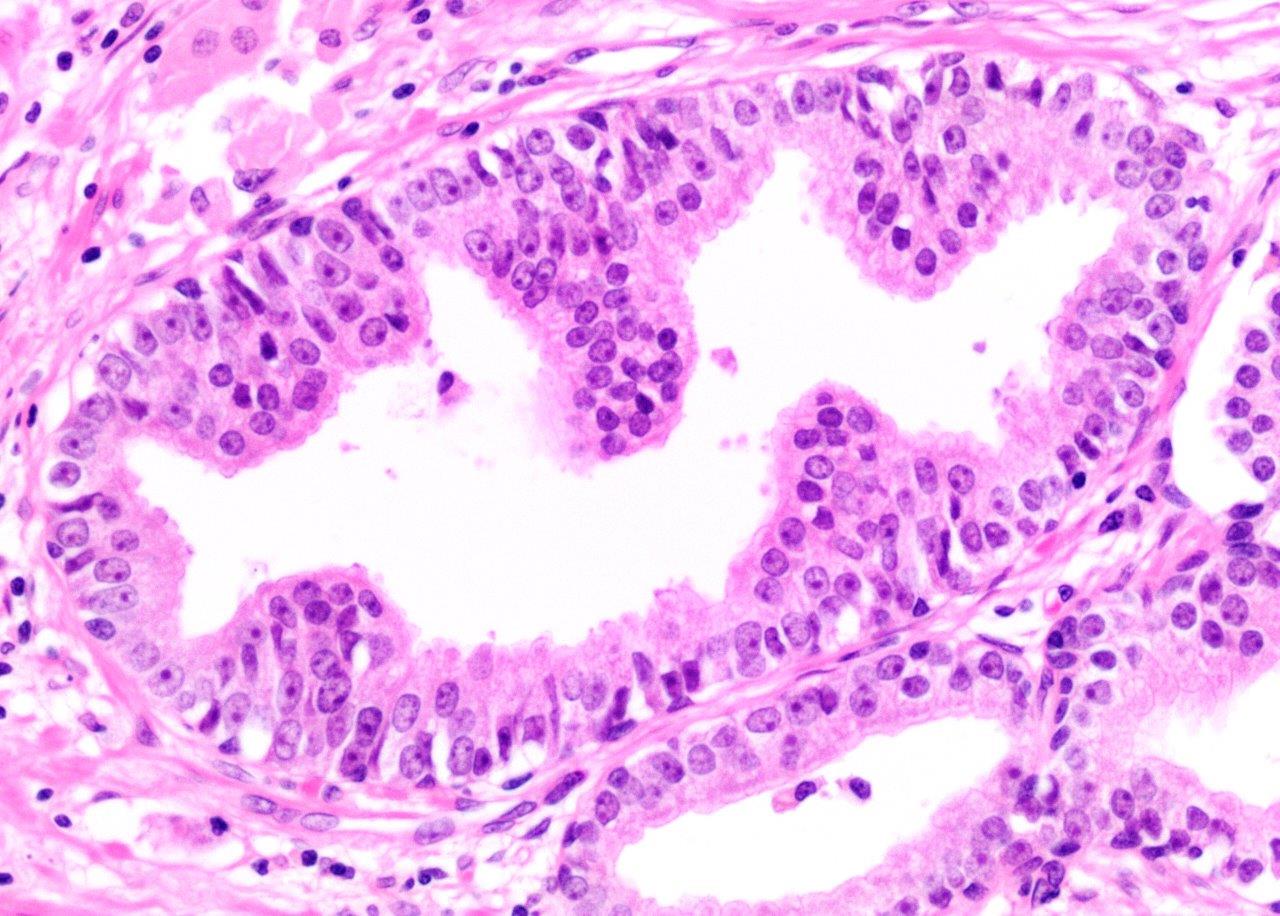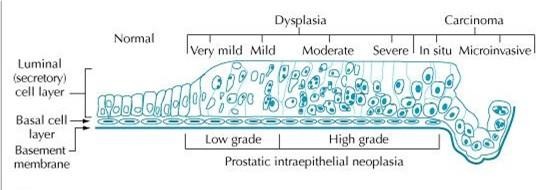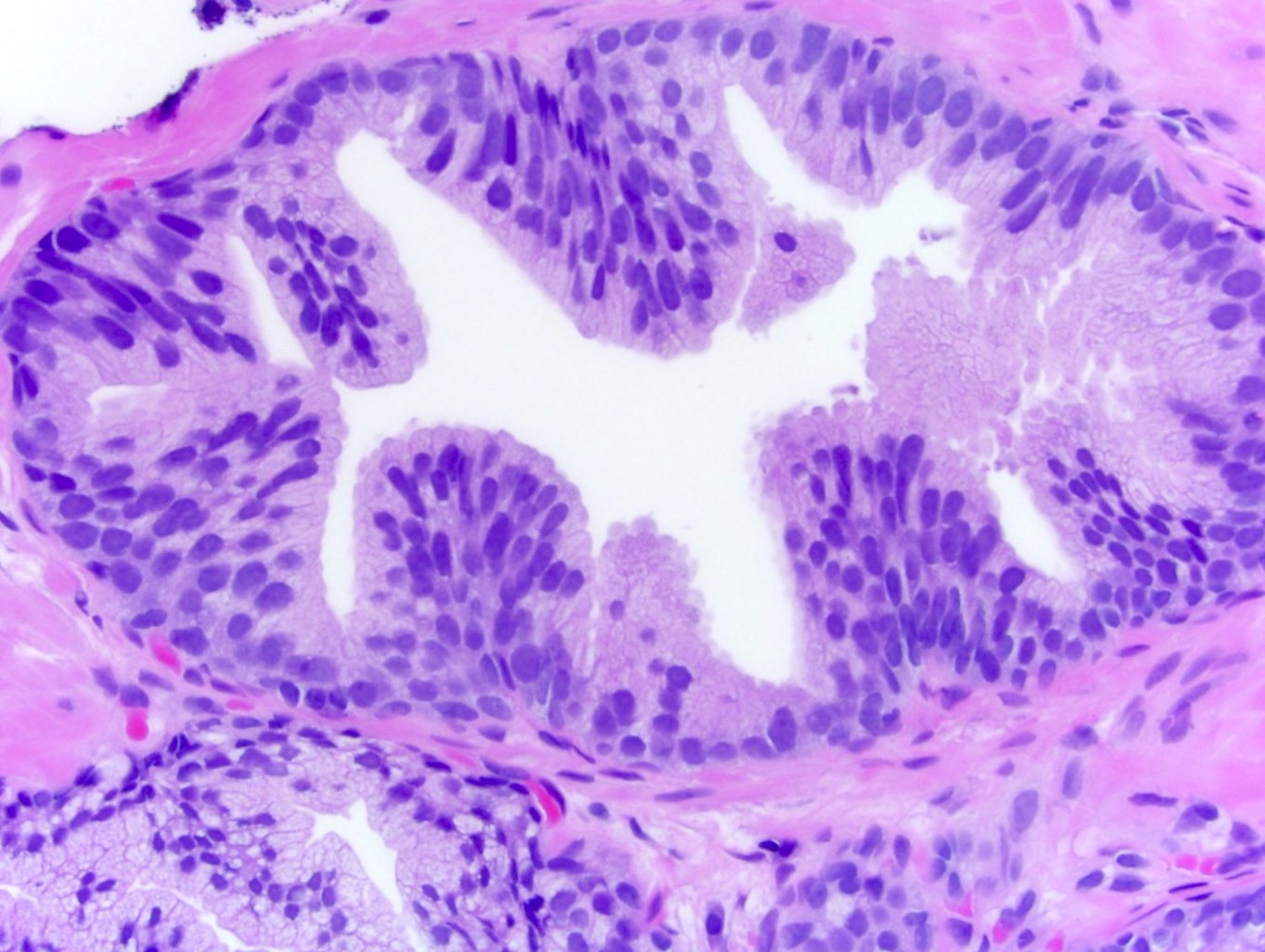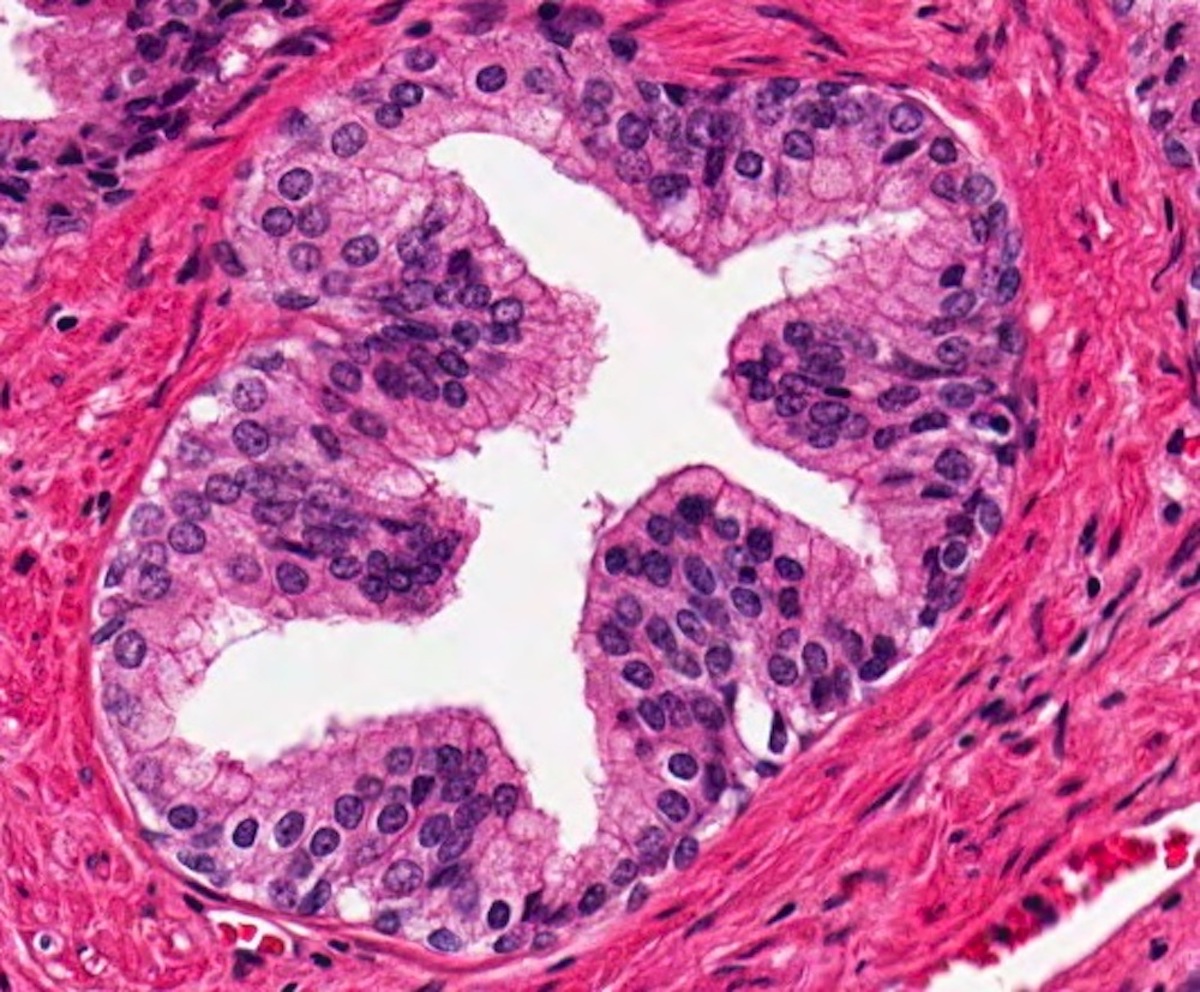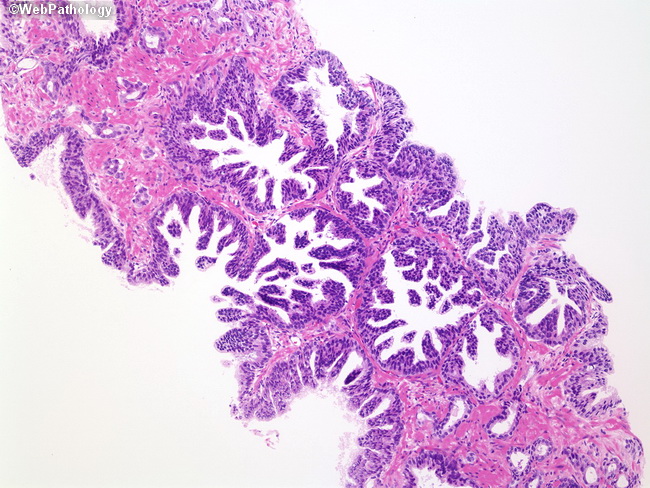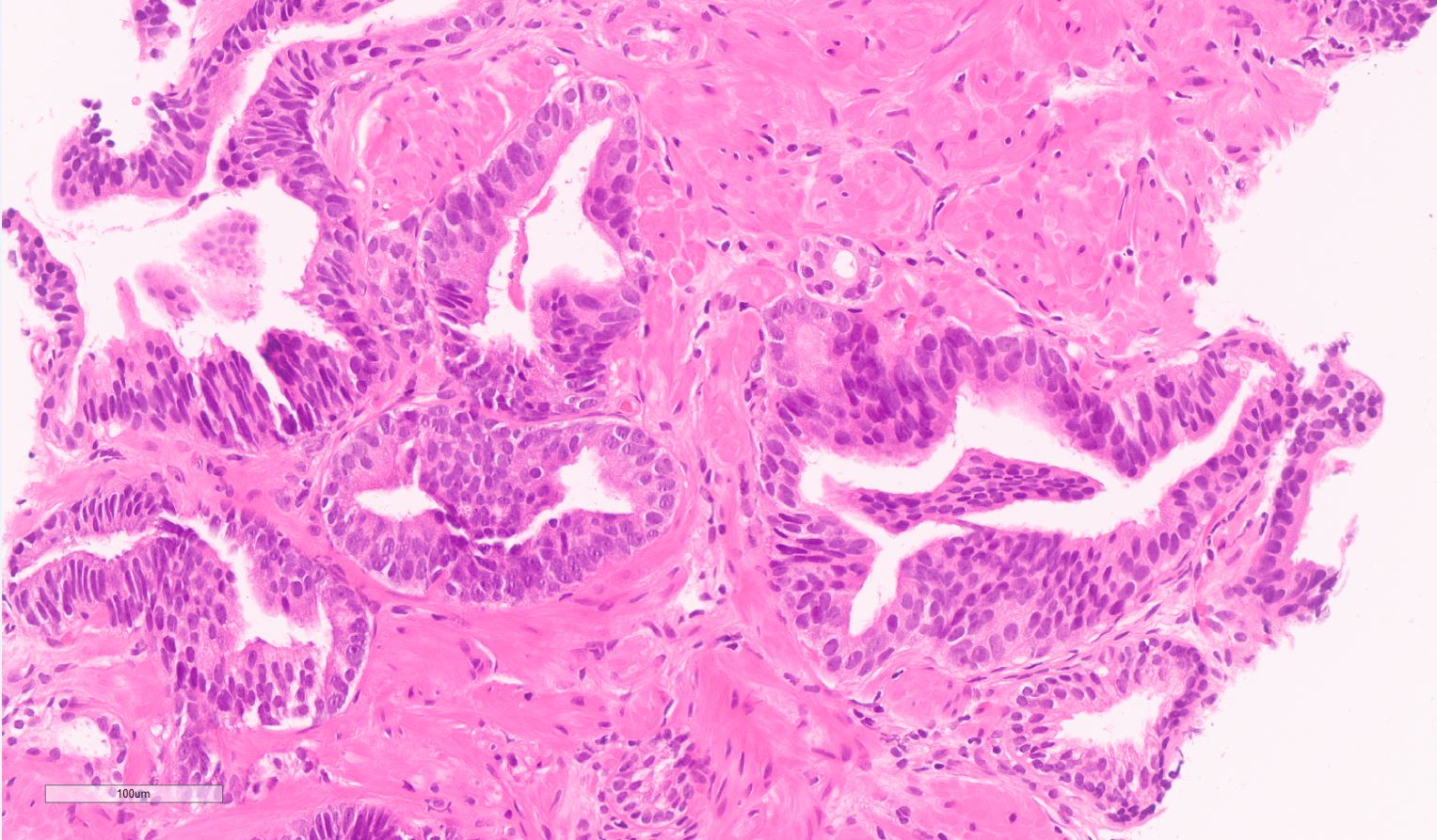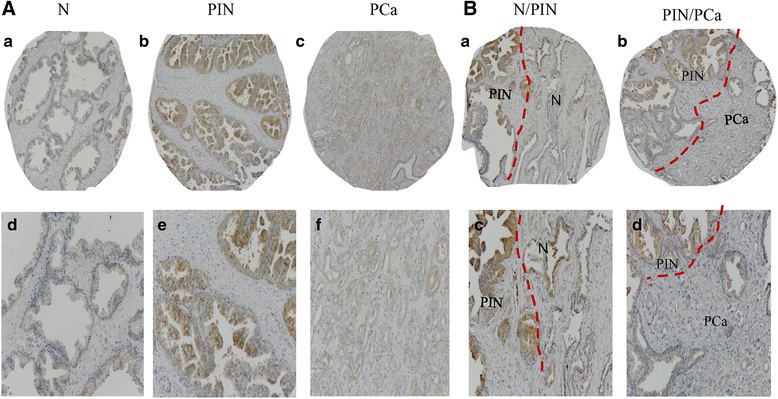
Prostate specific G protein coupled receptor is associated with prostate cancer prognosis and affects cancer cell proliferation and invasion | BMC Cancer | Full Text
MYC Overexpression Induces Prostatic Intraepithelial Neoplasia and Loss of Nkx3.1 in Mouse Luminal Epithelial Cells | PLOS ONE
MYC Overexpression Induces Prostatic Intraepithelial Neoplasia and Loss of Nkx3.1 in Mouse Luminal Epithelial Cells | PLOS ONE

High-grade prostatic intraepithelial neoplasia with adjacent atypia is associated with a higher incidence of cancer on subsequent needle biopsy than high-grade prostatic intraepithelial neoplasia alone - ScienceDirect

Jerad Gardner, MD on Twitter: "Gorgeous pic!“@WebPathology:High-grade PIN adjacent to #Prostate #Cancer http://t.co/TnTBEfWstz”@Williamson_SR @Gleason4plus5 #pathologists" / Twitter
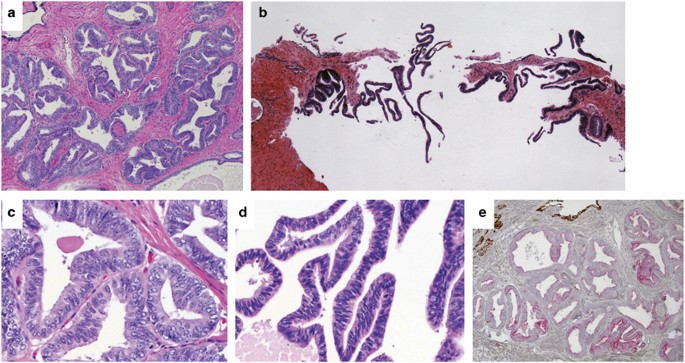
High-grade prostatic intraepithelial neoplasia, PIN-like carcinoma, ductal carcinoma, and intraductal carcinoma of the prostate | Modern Pathology

Prostatic intraepithelial neoplasia (PIN) lesions in human prostate and... | Download Scientific Diagram

